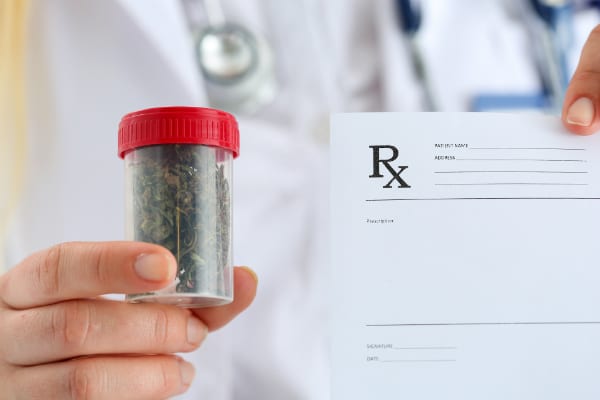Glaucoma is one of the most serious and prevalent vision disorders, affecting some 60.6 million people worldwide. In the United States alone, more than 2.7 million adults age 40 and over are afflicted. This condition disproportionately affects senior citizens, and it is the second leading cause of blindness worldwide.
One of the keys to treating this condition is early intervention. Unfortunately, this condition tends to creep up on its sufferers, who seldom experience noticeable symptoms until they’ve already sustained significant vision loss. For that reason, it’s essential to have regular comprehensive eye exams, particularly if you’re over the age of 60.
Over time, the increased intra-ocular pressure associated with glaucoma can destroy the optic nerve, causing irreversible vision loss. Since there is currently no cure for glaucoma, the best you can do is control its advancement. Glaucoma surgery, various laser treatments, eye drops, and pills all aim to help reduce the pressure within the eye to prevent optic nerve damage.
For years, a popular if somewhat controversial treatment for this condition has been medical marijuana. Some studies conducted in the 1970s found that THC, the active compound in marijuana, seemed to help reduce intraocular pressure (or IOC).
It’s easy to see why marijuana has caught on as an alternative treatment for glaucoma, appealing particularly to people who prefer naturopathic alternatives to Western medicine. But is it really a viable treatment?
How Does Marijuana Affect Glaucoma?
Marijuana lowers your blood pressure, which in turn reduces the blood supply to the optic nerve. This helps decrease intraocular pressure, which can help protect the patient against optic nerve damage.
However, the study referenced above found that marijuana only reduced intraocular pressure for about three to four hours at a time. In other words, consuming THC might be a suitable quick fix for glaucoma sufferers, but it’s not a viable long-term solution. To prevent irreversible vision loss, this condition must be controlled 24 hours a day, not just sporadically throughout the day.
There are also some obvious drawbacks associated with medical marijuana that will be familiar to anybody who has used it. In addition to lowering blood pressure, the THC in marijuana can cause undesirable side effects including short-term memory problems, tachycardia, and anxiety.
While it’s tempting to imagine that marijuana’s “natural” properties mean it’s safer than conventional pharmaceuticals, it’s important to consider that marijuana is not FDA-regulated, which means it isn’t subject to the same standards and practices governing prescription drugs.
It’s also important to keep in mind that any marijuana not purchases at a dispensary is at risk of being cut with other substances, or simply not a high enough grade to have any meaningful medicinal value.
So What Are My Treatment Options?
Marijuana may not be an ideal solution, but there are still numerous other courses of treatment that can help control the progression of the disease and prevent future vision loss.
- Eye drops: These drops are placed directly into the eye and absorbed into the bloodstream, reducing intraocular pressure. They can be prescribed by your ophthalmologist and must be used exactly as directed to be effective.
- Pills: Sometimes prescribed alongside eye drops, pills can help to control the eyes’ fluid production, further reducing symptoms. They are typically taken two to four times a day. However, it’s important to note that they can have more systemic side effects than drops alone.
- Glaucoma surgery: Not everybody with the condition will require surgical treatment, but it can be the best line of defense in more advanced cases. The most common type of glaucoma surgery is intended to treat the “open-angle” form of the disease, and involves using a laser to make a small opening allowing aqueous fluid to more easily pass through the eye, reducing IOP.
No treatment is one-size-fits-all, and depending on the severity and progression of your vision loss your ophthalmologist may prescribe one or more for you. But before treatment can even occur, a diagnosis must be made.
The most important point to take away from this article is this: The biggest key to preserving your eye health is prevention, and that means getting regular eye exams, especially if you’re a senior citizen. Vision loss can’t always be reversed, but the conditions that cause it can often be controlled.
Conclusion
Whether you’re experiencing vision loss, Florida Eye Specialists and Cataract Institute considers your eye health a top priority. We’re in the business of helping people care for their precious sight, and the best way to preserve our most vital of senses is through prevention. That’s why we encourage all our patients to get regular eye exams.
Please contact us for more information or to schedule an exam.



